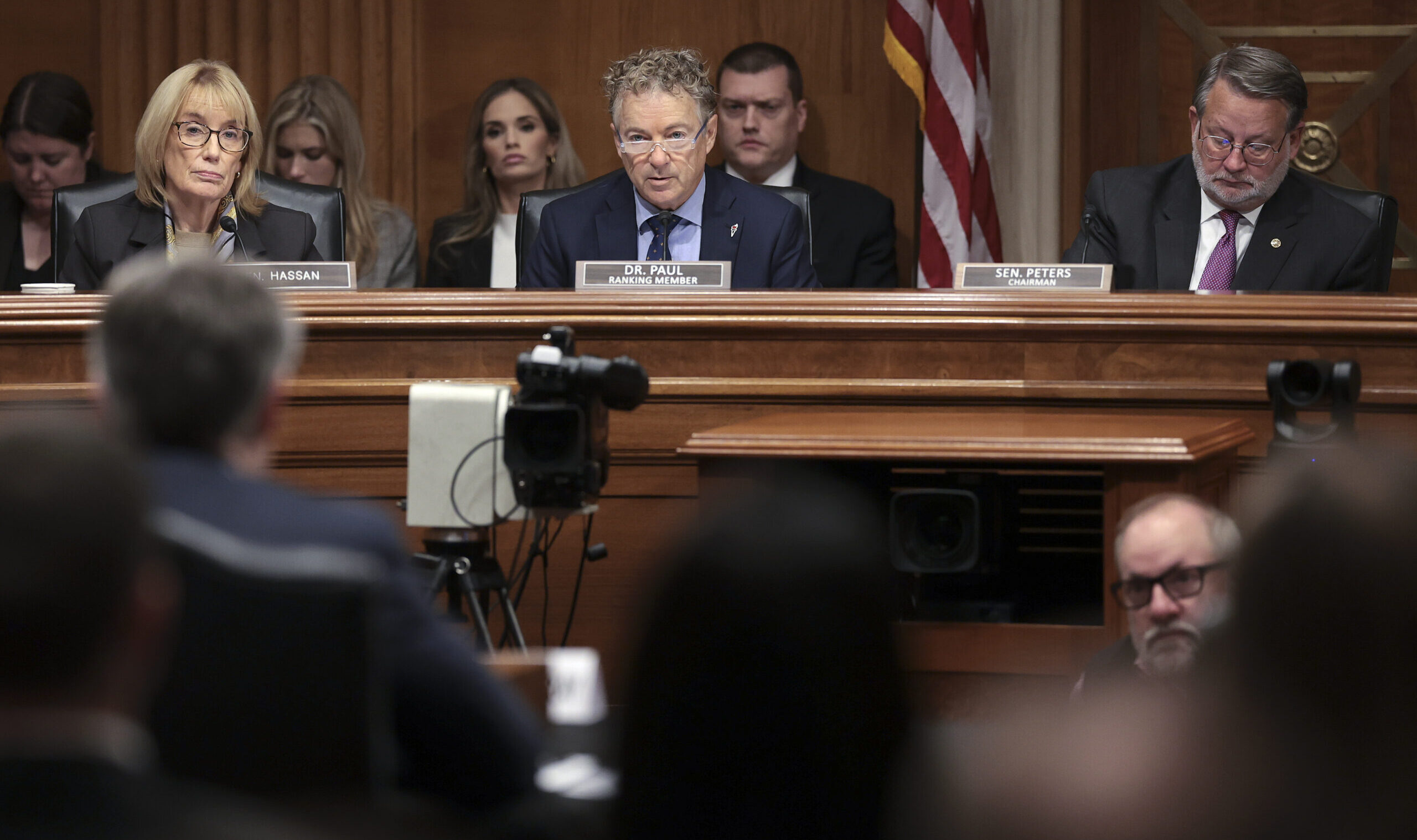Storm’d At With Shot And Shell
I hope Daniel McCarthy is right that Russia doesn’t “want” Crimea. He certainly seems very sure of himself about that. But the history of Abkhazia, South Ossetia and Transdniestria doesn’t leave me particularly sanguine about his prediction for where things go from here.
The thing is, Russia no doubt has a preference hierarchy with regard to Crimea. At the top of the hierarchy is, undoubtedly, a unified Ukraine closely aligned with Russia. Next in the hierarchy might be a unified Ukraine aligned neither with Russia nor with the West. But it might not – and even if that choice is next on their list, at some point Russia undoubtedly prefers keeping a firm hold on Crimea even at the cost of hostile relations with Kiev.
The country that probably puts stability in Ukraine at the top of its preference hierarchy is Germany. A hostile Russia and a nationalist Ukraine are both problematic from a German perspective; a Ukrainian civil war would lead to a refugee exodus, many of whom would wind up in Germany; and it’s not 100% clear that Germany is that interested in EU expansion anyway, since they have to foot the biggest bill for bringing in poorer countries.
What’s most troubling to me is that I can make a reasonable case that Ukrainian nationalists should welcome Russian intervention in Crimea. The status-quo ante meant a large Russian bloc, and a large Russian naval base, within Ukraine. The former makes it harder for Ukrainian nationalists to dominate the country electorally; the latter makes it harder to maintain a policy of distancing from Russia. Lose Crimea, and both problems are solved. Of course, nationalists can’t simply allow sovereign territory to be seized by enemy forces. But what if Crimea achieves de-facto independence, but is not annexed by Russia and independence is not recognized by any other country? Kiev could demand an end to the violation of its sovereignty. And Russia could refuse to accede to that demand. And this could become the new status quo. Wouldn’t that, in the short-term, anyway, be optimal from the perspective of a Ukrainian nationalist?
There are examples beyond the Russian periphery that suggest these kinds of informal arrangements can last for quite a long time. The Krajina region of Bosnia, for example. Or Turkish Cyprus.
We should not be sanguine, in other words, that Russia is playing a sophisticated game aimed at a known outcome. They are, undoubtedly, making the moves they think are optimal for preserving what they can of their influence in their periphery. But they don’t hold all the cards, and a negative-sum outcome may appear to be optimal for both sides in the conflict if a positive-sum outcome – which, in this case, would be a unified Ukraine with friendly relations both with Russia and with the EU – appears unlikely.
That’s the kind of situation where honest, engaged mediation by trusted, powerful outsiders can, potentially, make a difference. Unfortunately, I can’t think of any outside powers that are powerful, trusted, and honest.
